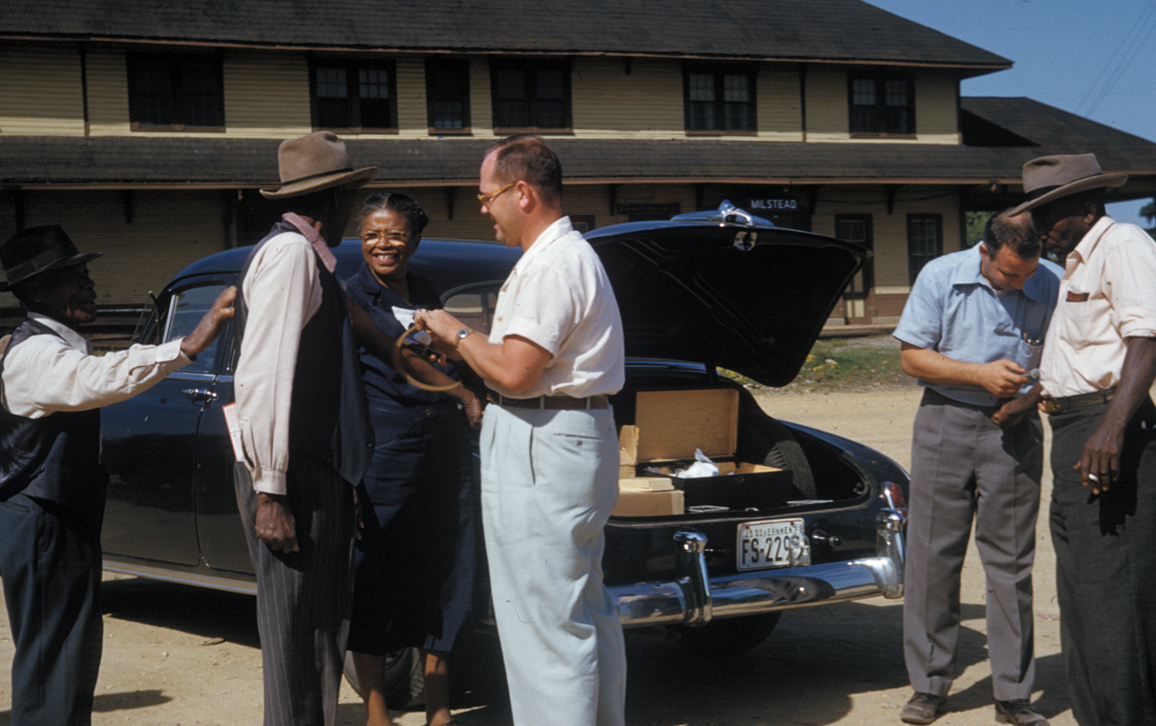Who Dares to Speak Up?
By Marc A. Edwards, Carol Yang, Siddhartha Roy
A federal agency allowed unethical experimentation on Black men for four decades before someone finally decided to blow the whistle.
A federal agency allowed unethical experimentation on Black men for four decades before someone finally decided to blow the whistle.

Being a whistleblower can be lonely. The public opposition to authority that it requires often results in assaults on one’s reputation. Weathering such assaults is an ordeal—one that the three of us have experienced firsthand while playing prominent roles in the effort to expose unethical behavior by government agencies that led to the poisoning of public water systems in Washington, D.C., and Flint, Michigan.

Click "American Scientist" to access home page
American Scientist Comments and Discussion
To discuss our articles or comment on them, please share them and tag American Scientist on social media platforms. Here are links to our profiles on Twitter, Facebook, and LinkedIn.
If we re-share your post, we will moderate comments/discussion following our comments policy.